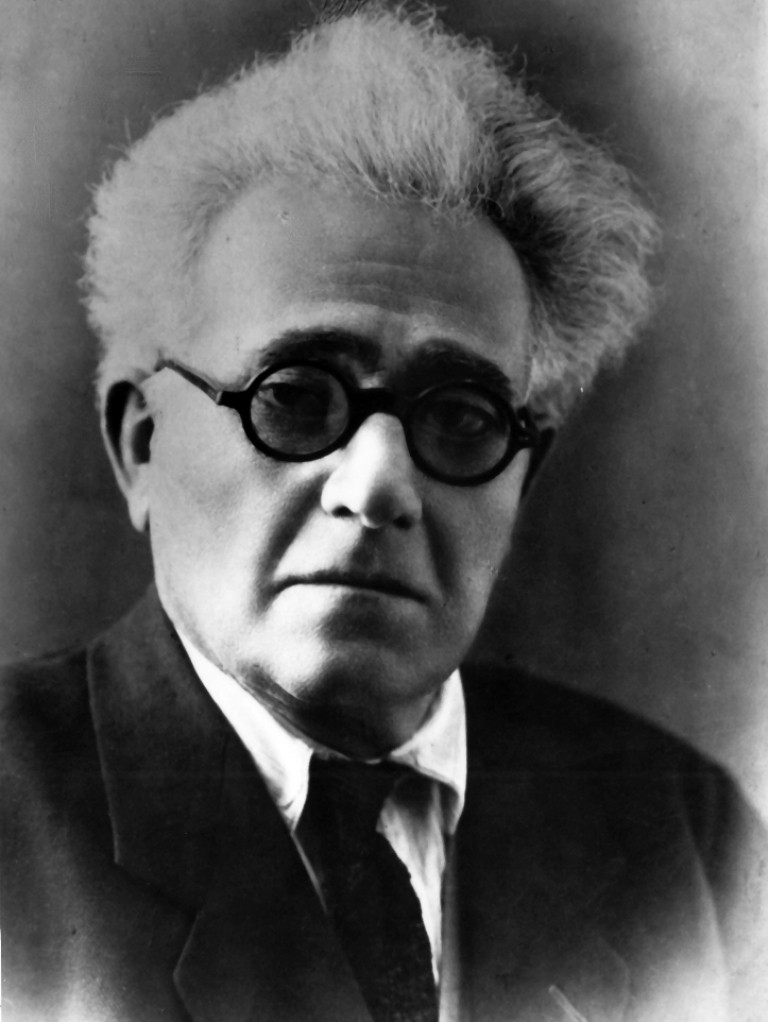Alexander Shirvanzade (1858–1935), born Alexander Movsesyan, remains one of the most revered figures in Armenian literature, celebrated for his profound social realism and ability to depict the struggles of Armenian society during the late 19th and early 20th centuries. His pen name, “Shirvanzade,” reflects his roots in Shirvan, a region in present-day Azerbaijan, where he was born into a modest Armenian family.
Early Life and Inspirations
Growing up in Shirvan, Shirvanzade witnessed the economic hardships and social inequalities of his time. Moving to Baku as a young man, he worked in the oil industry, which exposed him to the harsh realities of industrial capitalism. These experiences became the backbone of many of his works, as he sought to portray the challenges of working-class Armenians in a rapidly industrializing society.
Despite his limited formal education, Shirvanzade’s thirst for knowledge drove him to explore Armenian, Russian, and European literature. These influences enriched his worldview and informed his writing style, blending sharp social critique with deeply human narratives.
His Literary Contributions
Shirvanzade’s works stand out for their vivid characterizations, compelling plots, and exploration of complex moral and social issues. He used his pen to shed light on the struggles faced by ordinary people, often focusing on themes like class disparity, family honor, and the conflict between tradition and modernization.
Among his most notable works are:
- “Chaos” (1898): A masterpiece of social realism, this novel portrays the corruption and moral decay within Baku’s oil industry and its impact on human lives.
- “Namus” (Honor): A poignant play that critiques the rigid societal norms surrounding honor and arranged marriages, exposing their often-tragic consequences.
- “For the Sake of Honor”: Another exploration of societal pressures and human emotions, delving into the consequences of misplaced values.
Shirvanzade’s plays, particularly “Namus,” have had a lasting impact, with adaptations into films and performances in theaters, underscoring their timeless relevance.
Advocate for Change
Beyond his literary achievements, Shirvanzade was a vocal critic of social injustices. Through his writings, he challenged the oppressive norms and inequalities of his time, advocating for reform and progress within Armenian society.
Later Years and Legacy
In 1926, Shirvanzade moved to Soviet Armenia, where he was embraced as a national literary icon. He spent his final years in Yerevan, continuing to write and influence Armenian intellectual life until his death in 1935.
Today, Shirvanzade’s works are celebrated as cornerstones of Armenian literature. His ability to capture the human condition and societal dynamics with empathy and precision ensures his enduring place in literary history. Schools, theaters, and institutions in Armenia honor his name, preserving the legacy of a writer who not only chronicled his time but also inspired change.

